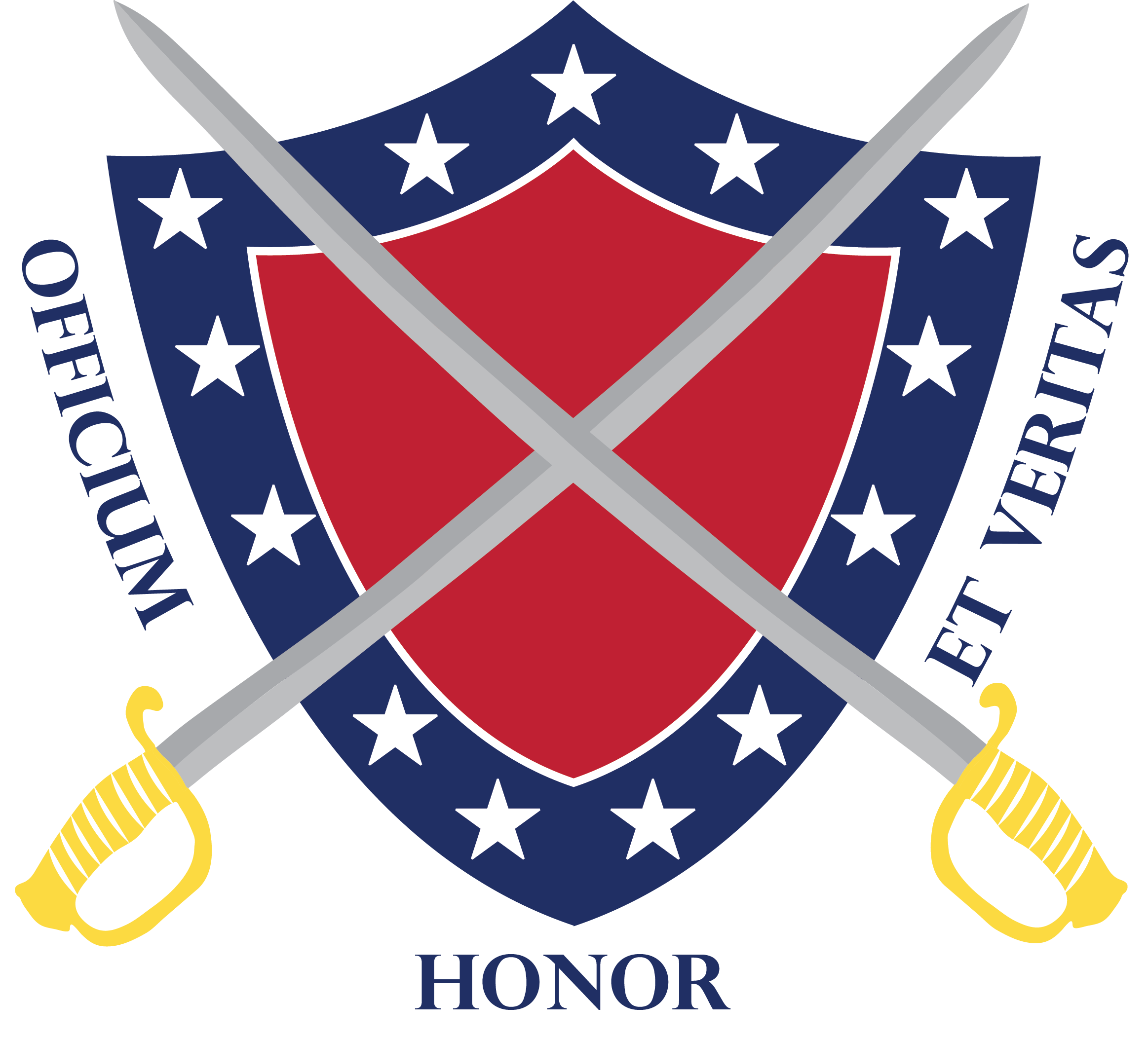
From Communist Communes To The Republican Party In One Leap
We are awash today with fake history. How many in our day think Abraham Lincoln founded the Republican Party? How many more think the Republican Party was always conservative while the Democrats were always liberal? Sorry, but those that cleave to these ideas are wrong on both counts. It’s not that people are dumb–it’s just that they have been lied to for so long that the truth has been forgotten–on purpose.
Revised History – From Communist Communes To The Republican Party In One Leap PDF
We are awash today with fake history. How many in our day think Abraham Lincoln founded the Republican Party? How many more think the Republican Party was always conservative while the Democrats were always liberal? Sorry, but those that cleave to these ideas are wrong on both counts. It’s not that people are dumb–it’s just that they have been lied to for so long that the truth has been forgotten–on purpose.
How many more think our news media has only been liberal for the last fifty years or so? If the truth be known, much of our “news” media have leaned far left since the 1840s and 50s, especially in the North.
As to those that formed the Republican Party, many of them were graduates of communist communes. Historian Arthur R. Thompson, in his important work “To the Victors go the Myths and Monuments” has informed us that “The very beginnings of the Republican Party before it started to attract conservatives are much different than Americans even imagine. In the late 1840s and early 1850s, an organization called alternately the American Union of Associations or National Convention of Associations founded nearly 50 communist communes in the United States. The initial leaders of the associations were Horace Greeley, George Ripley, Parke Godwin, Edward Giles and Edward Tweedy. Later, many of Greeley’s employees were involved, including Charles Dana. In fact, almost every member of the Tribune’s editorial staff during the first decade of its existence came from Brook Farm commune, and they were out and out socialists at best.”
Mr. Thompson continued: “One of these communes was established in Wisconsin about 50 miles northwest of Milwaukee. They called it Ceresco after Ceres, the ancient Roman goddess of agriculture…The guiding light of the Wisconsin commune was Warren Chase. Chase was advocate of Fourier socialism, spiritualism, land reform, and free love…As happened with all communes, Ceresco failed as a communist enterprise, but the inhabitants remained and were very politically involved. Three members of the commune went on to be elected to the Wisconsin State Legislature. A group of people established a small town adjacent to the communal area and after the commune was dissolved, they named the town Ripon; it is known as the town where the Republican Party was formed in 1854…The leadership of the commune was very instrumental in the founding of the Republican Party, particularly Alvan Earle Bovay, a late arrival. Bovay served on the staff of the newspaper “Young America” before he served on the staff of the “Tribune.” …The socialist historian Charles Sotheran claims that Young America was a joint effort of George H. Evans and Greeley; the evidence supports this claim.”
At this point Mr., Thompson suggests that those interested or concerned go to the Internet and look up the term “Radical Republican.” And he tells us that “What you will find is that this was the wing of the Republican Party that controlled the Congress during the Civil War. It was the Republican Party leadership.” Again, Walter Kennedy and I dealt with many of these people in our book “Lincoln’s Marxists.”
So, the leadership of this communist commune in Wisconsin was “instrumental” in the founding of the Republican Party. Real conservatives should think about that a bit. It sure ain’t what your history books told you–if they told you anything at all. In fact, one of Lincoln’s own secretaries, John Hay, called the leaders of the Republican Congress “the Jacobin Club.”
Mr. Thompson wonders why no one ever questions why and how the Republican Party was so successful in forming and spreading across the Northern portion of the country as quickly as it did. Most assume it was just spontaneous. But was it? Or was something else involved? Such as a plan to divide the country. A lot for us to think about here.
